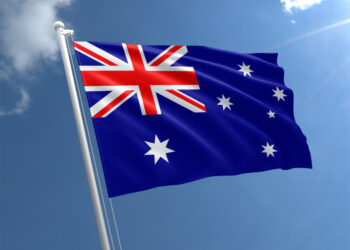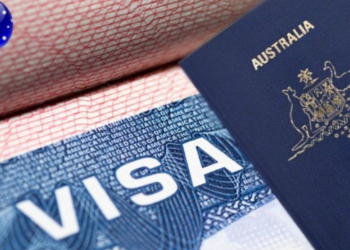Nigeria has joined 27 other countries of the world to sign the Bletchley Declaration, the world’s first agreement establishing a shared understanding of the opportunities and risks posed by frontier AI and the need for governments to work together to meet the most significant challenges.
The agreement was signed at Bletchley Park in the UK as leading AI nations convened for the first time at the AI Summit to address concerns around the technology.
Nigeria is represented at the ongoing Summit by the Minister of Communications and Digital Economy, Dr. Bosun Tijani.
The signees, 28 countries from across the globe including in Africa, the Middle East, and Asia, as well as the EU, agreed to the urgent need to understand and collectively manage potential risks through a new joint global effort to ensure AI is developed and deployed in a safe, responsible way for the benefit of the global community.
The Declaration fulfils key summit objectives in establishing shared agreement and responsibility on the risks, opportunities, and a forward process for international collaboration on frontier AI safety and research, particularly through greater scientific collaboration.
Risks from AI misuse
According to a statement released on Thursday by the UK’s Foreign Commonwealth and Development Office, the countries agreed that substantial risks may arise from potential intentional misuse or unintended issues of control of frontier AI, with particular concern caused by cybersecurity, biotechnology, and misinformation risks.
- “The Declaration sets out an agreement that there is “potential for serious, even catastrophic, harm, either deliberate or unintentional, stemming from the most significant capabilities of these AI models.” Countries also noted the risks beyond frontier AI, including bias and privacy.
- “Recognising the need to deepen the understanding of risks and capabilities that are not fully understood, attendees have also agreed to work together to support a network of scientific research on Frontier AI safety. This builds on the UK Prime Minister’s announcement last week for the UK to establish the world’s first AI Safety Institute and complements existing international efforts including at the G7, OECD, Council of Europe, United Nations and the Global Partnership on AI.
- “This will ensure the best available scientific research can be used to create an evidence base for managing the risks whilst unlocking the benefits of the technology, including through the UK’s AI Safety Institute which will look at the range of risks posed by AI,” the statement read.
What global leaders are saying
Making comments on the global agreement, the statement quoted UK’s Prime Minister Rishi Sunak as saying:
- “This is a landmark achievement that sees the world’s greatest AI powers agree on the urgency behind understanding the risks of AI – helping ensure the long-term future of our children and grandchildren. “Under the UK’s leadership, more than twenty-five countries at the AI Safety Summit have stated a shared responsibility to address AI risks and take forward vital international collaboration on frontier AI safety and research.
- “The UK is once again leading the world at the forefront of this new technological frontier by kickstarting this conversation, which will see us work together to make AI safe and realise all its benefits for generations to come.”
A spokesperson for the French Presidency said:
- “The French authorities welcome the international and cooperative work cycle launched by the AI Satefy Summit to analyse, understand and respond to the risks that certain Frontier AI models could cause. France is ready to participate in this long-term collective effort and will be happy to host the next in-person Summit”.
A spokesperson for the Republic of Korea Government said:
- “Minister Lee is delighted that Korea will be the co-host of the mini-virtual summit. Korea is a world leader in technologies like AI and recognises the importance of multilateral cooperation to ensure AI technologies are designed, used, and governed in safe ways.”
The 28 countries that signed the agreement were Australia, Brazil, Canada, Chile, China, European Union, France, Germany, India, Indonesia, Ireland, Israel, Italy, Japan, Kenya, Kingdom of Saudi Arabia, Netherlands, Nigeria, The Philippines, Republic of Korea, Rwanda, Singapore, Spain, Switzerland, Türkiye, Ukraine, United Arab Emirates, United Kingdom of Great Britain and Northern Ireland, and the United States of America.


















